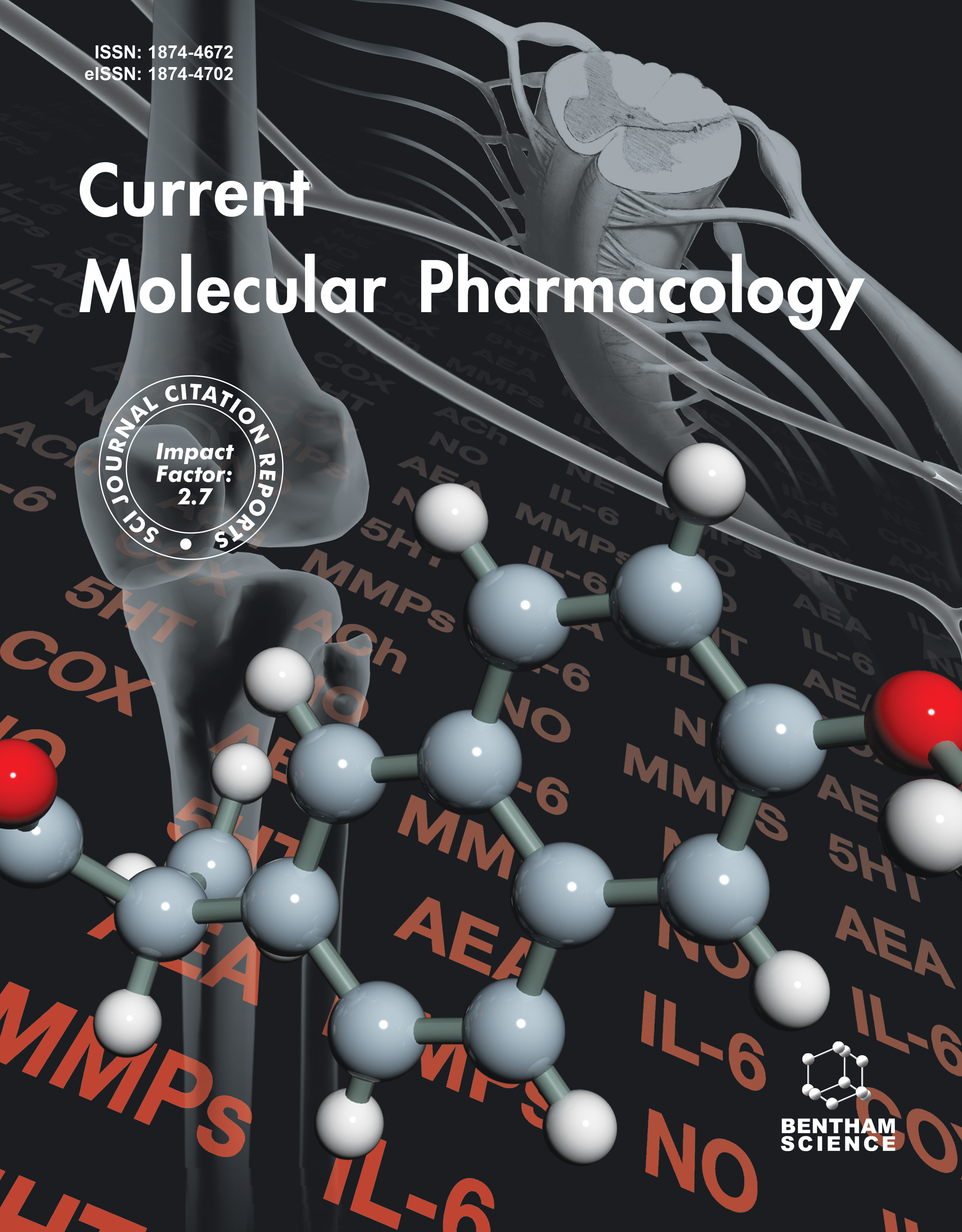-
oa Upregulation of LncRNA WT1-AS Inhibits Tumor Growth and Promotes Autophagy in Gastric Cancer via Suppression of PI3K/Akt/mTOR Pathway
- Source: Current Molecular Pharmacology, Volume 17, Issue 1, Jan 2024, e18761429318398
-
- 21 May 2024
- 26 Jul 2024
- 08 Nov 2024
Abstract
Increasing evidence has highlighted the involvement of the imbalance of long non-coding RNAs in the development of gastric cancer (GC), which is one of the most common malignancies in the world. This study aimed to determine the role of lncRNA WT1-AS in the progression of GC and explore its underlying mechanism.
The expression of lncRNA WT1-AS in gastric cancer tissues was detected using RT-qPCR. We knocked down the expression of WT1-AS in GC cells or treated them with rapamycin or both. Then, transwell assay and scratch assay were carried out to determine the migration of GC cells, and flow cytometry was carried out to determine the cell cycle. The immunofluorescence technique was used to determine the autophagy, and a tumor formation experiment was carried out to determine tumor growth in vivo. The expression of factors related to the PI3K/Akt/mTOR pathway was also measured by Western Blotting.
In GC tissues and cells, lncRNA WT1-AS was underexpressed. Moreover, overexpression of lncRNA WT1-AS blocked the PI3K/Akt/mTOR pathway. Upregulation of lncRNA WT1-AS or inhibition of the PI3K/Akt/mTOR pathway suppressed cancer cell migration in vitro, leading to cell cycle arrest, and promoted autophagy while inhibiting tumor growth in vivo. It also reduced the expression levels of Ki-67, MMP2, MMP9, and VEGF. The WT1-AS+rapamycin group was the most prominent in all experiments.
The upregulation of lncRNA WT1-AS could suppress the PI3K/Akt/mTOR pathway, which inhibits cell migration and cell cycle arrest while promoting autophagy in gastric cancer cells.



